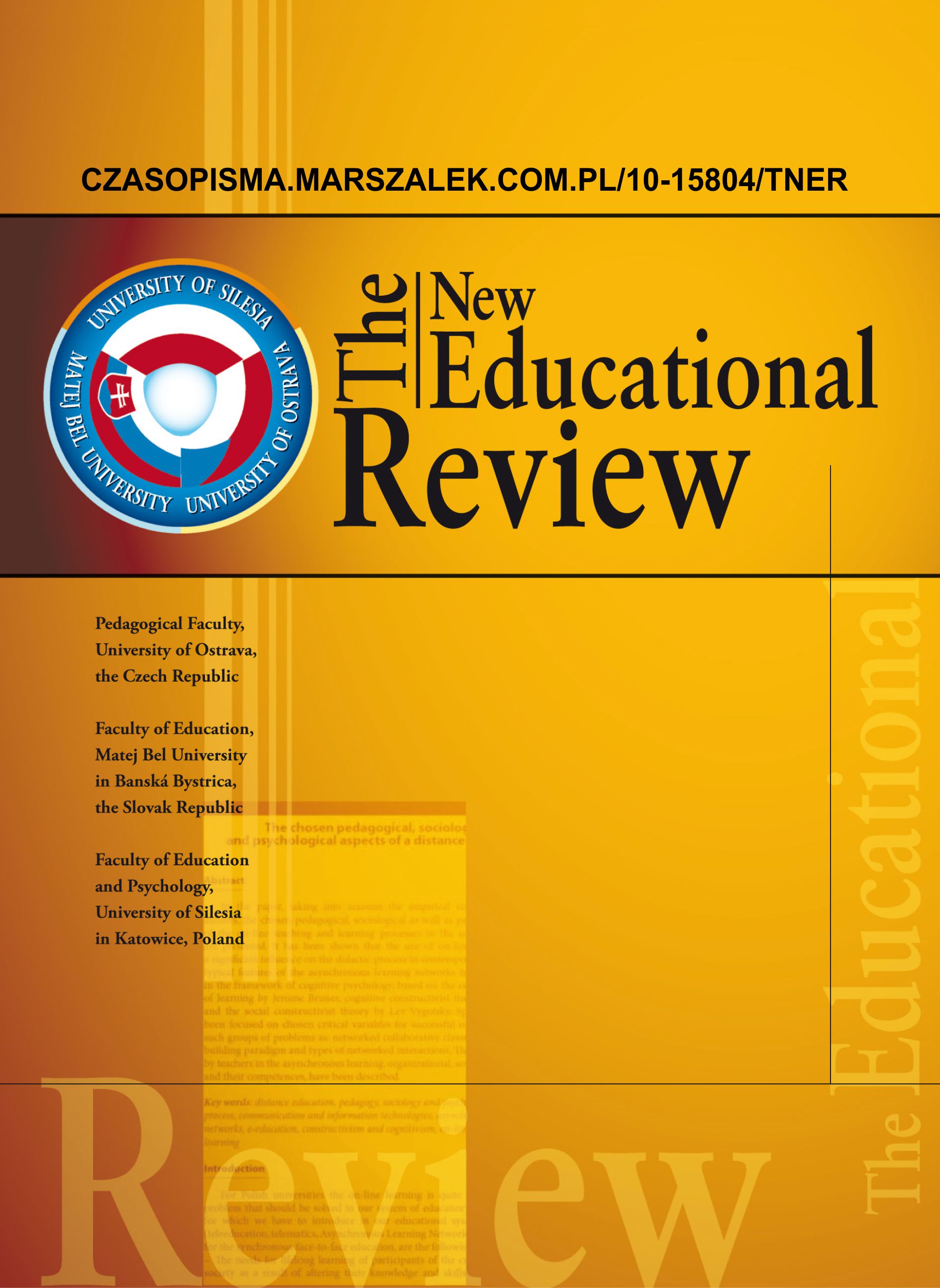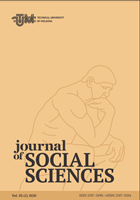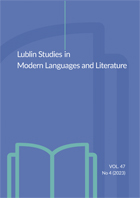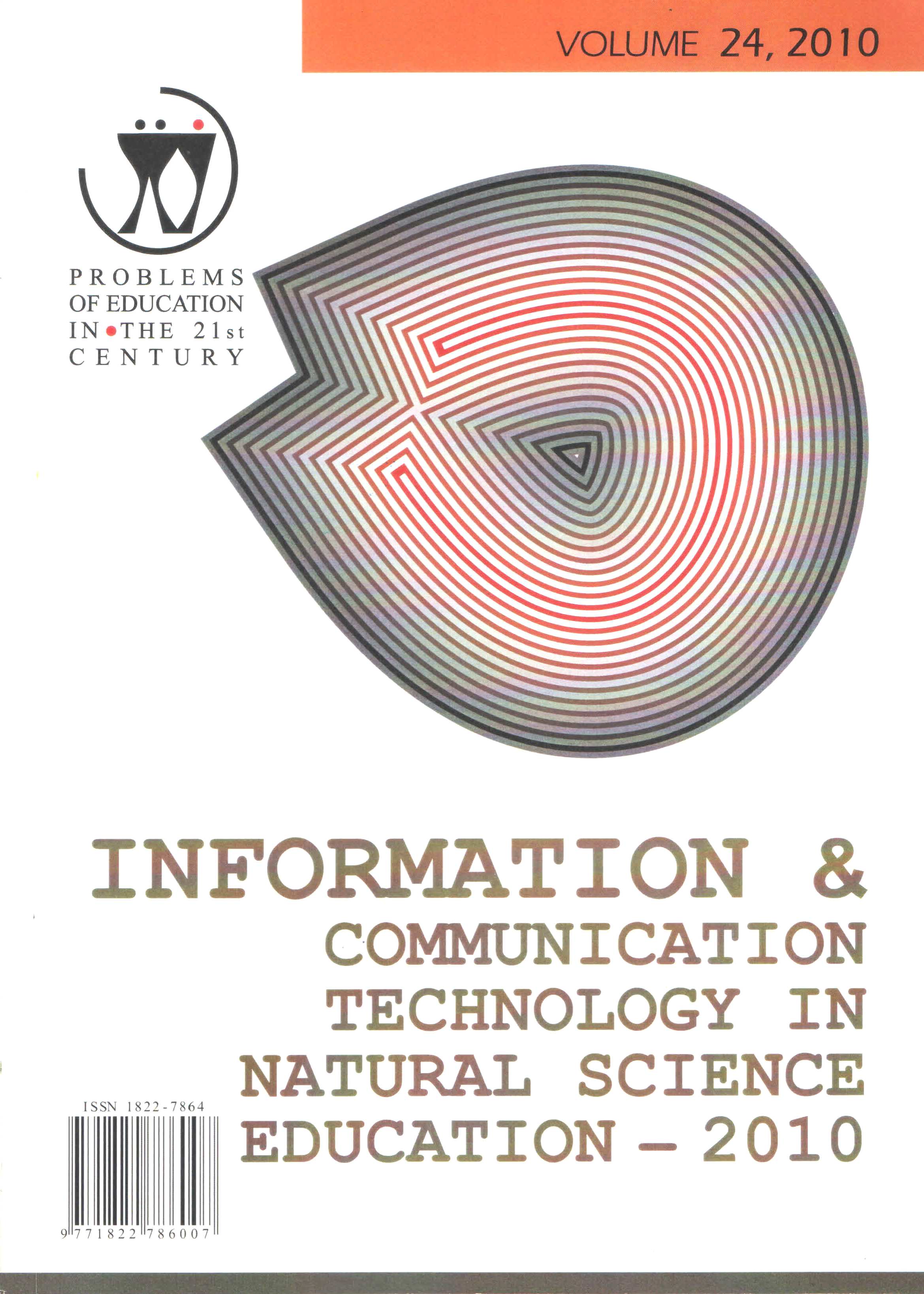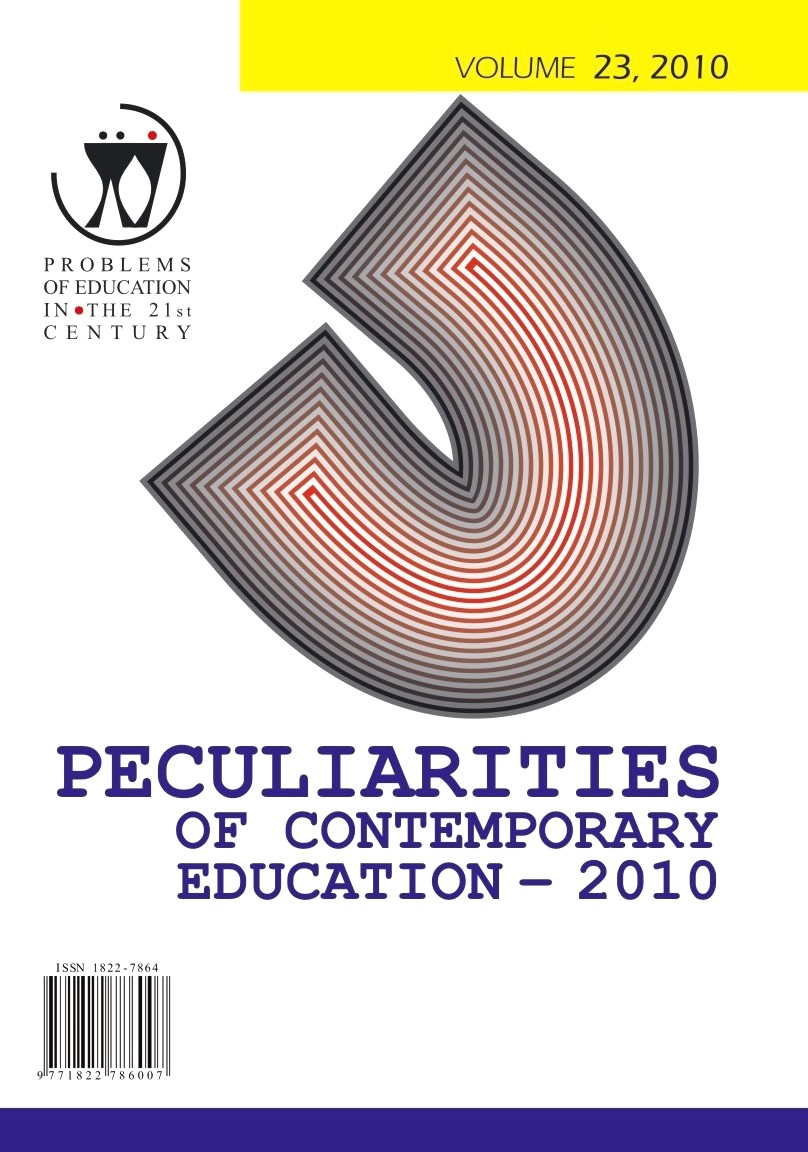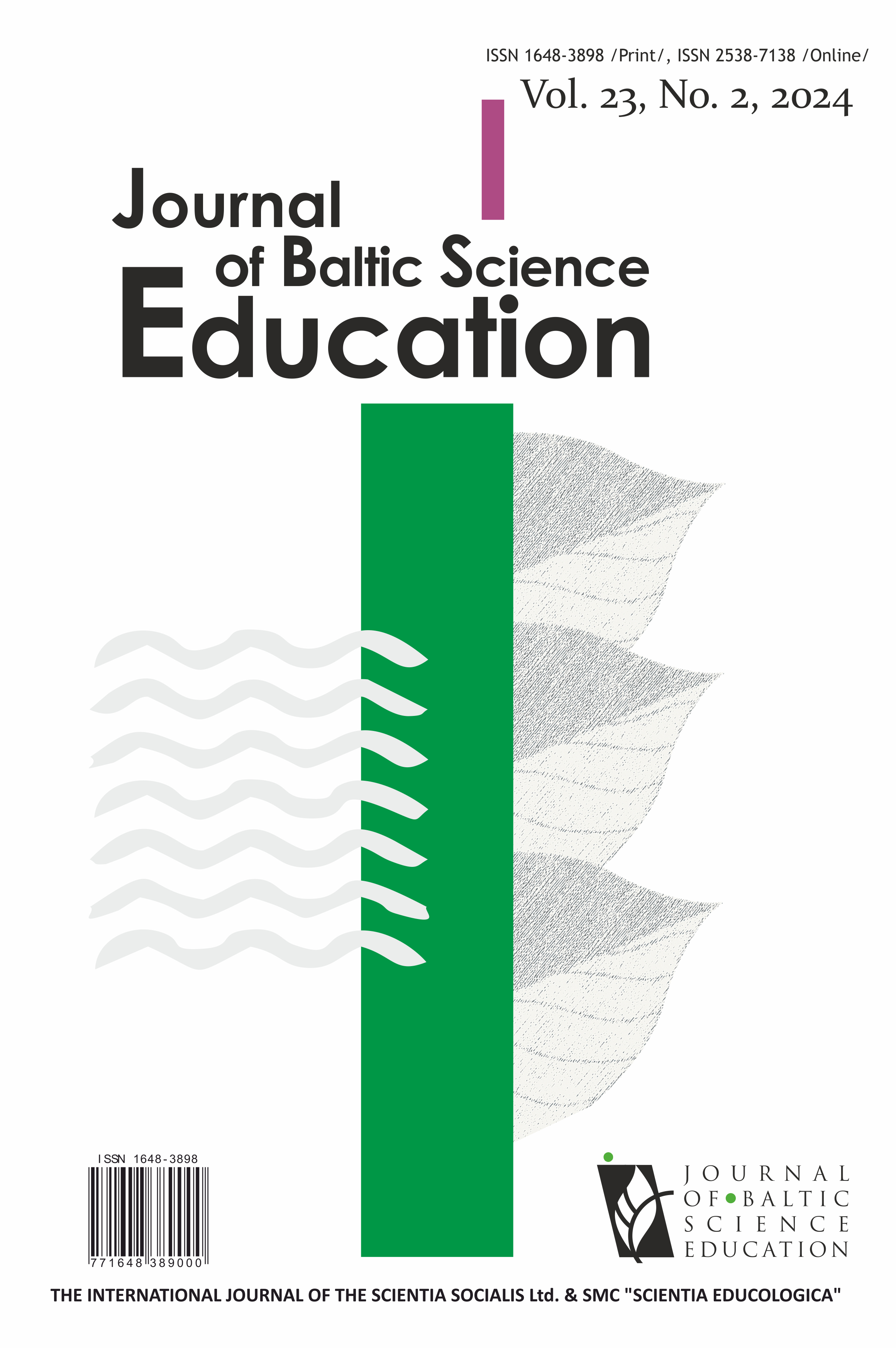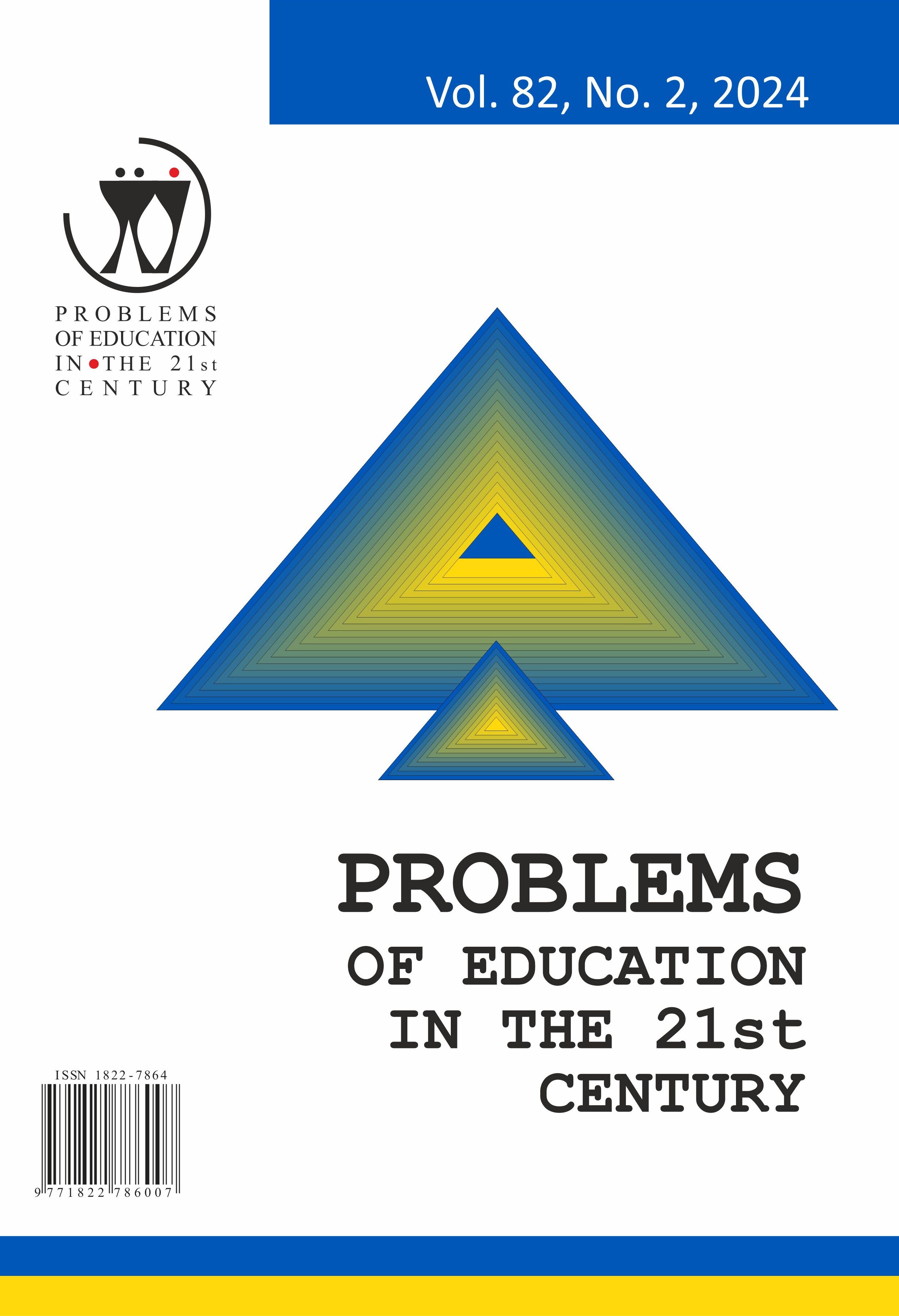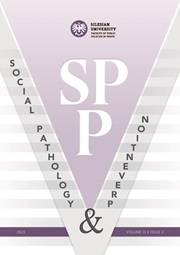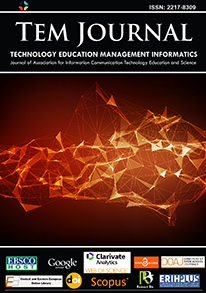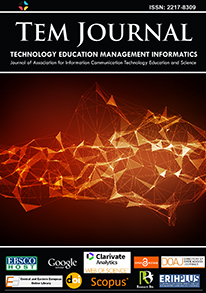
Web-Based Window Shopping: A Learning Model in High School's Mathematics Curriculum
The post-pandemic adaptation demands technological innovations in sustainable learning to support mathematics curriculums. This research aims to develop the Web-based Window Shopping (WBWS) in high school mathematics curriculum with ADDIE procedure. The data were collected through interviews, questionnaires, and tests. The stages of research comprised analysis, design, development, implementation, and evaluation. The experts' validation test results showed that the aspects of materials and medium achieved an average score of 82,75%. Meanwhile, the trial test results showed that the developed WBWS is worth implementing, with the average percentage of effectiveness reaching 83,33%. The results suggest that the creation of WBWS as a web-based learning model for mathematics curriculum is not only feasible but also meets the educational needs of high school students. Teachers and students can use this web-based learning model as an alternative for implementing the independent curriculum on mathematics learning.
More...
